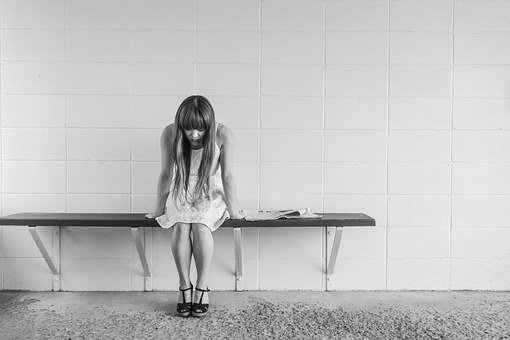A new study published in the "Archives of Pediatrics and Adolescent Medicine" finds teens who were adopted as infants had more instances of two types of psychiatric disorders than teens raised by their biological families. Interesting -- and in some ways predictable, I guess. Not, perhaps, as predicatble as the headlines on the story nationwide that warned darkly of "mental health risks" for adopted children.

source
The study of 514 adopted teens and 540 non-adopted teens was done at the University of Minnesota. It found that teens who were adopted as infants faced a greater risk of attention-deficit hyperactivity disorder and something called "oppositional defiant disorder," which sounds like my general demeanor during my adolescent years ...
As the mother of an internationally adopted child who is not yet an adolescent (defined by the study as ages 11 to 21) I had a few takeaway thoughts from reading about this study.
First, the sample is not huge, but seems adequate in size to get some results -- in my limited understanding of these things. But I wonder about the fact that all the kids were from Minnesota, which I think of as a fairly homogenous state when it comes to racial and ethnic balance. I don't know if that would affect the outcome, but I have to wonder. Since the issues for adolescents often revolve around identity, they might see fewer examples of themselves around them on a landscape like that than in New York City or Southern California or Central Florida.
I don't know, but ...
I loved a quote from one of the researchers: "If ever there's a time when an adoptee is likely to enter therapy, it's during adolescence ... This is the time when you form your identity -- when you're faced with 'Who am I?' These kids have this extra layer and the issues are very complex."
That made me think that -- like many other studies -- this one may not indicate a problem as much as a study sample seeking help. I think many adoptive parents consider that they may need to get outside help for their families as they deal with growing up issues. I certainly have. Adoption brings on some tough questions that parents have to answer honestly or face consequences. Those are already starting at my house, and will only increase in intensity as the years go by. The answers may not be pretty; there's always a delicate balance.
If adoptive famliies are more in tune with that searching process, it would seem logical that more issues might be uncovered. And it could be a good thing.
The thing the researchers seemed most surprised by was the finding that international adoptees were less likely to show the disorders than domestically adopted children. Of course, I find that fascinating, too. And I haven't a clue as to why that would be.
I admired the researchers for admitting that they had a preconceived notion about international adoptees and admitting they were puzzled by the result.
"Our hypothesis was that international adoptees might have faced ethnic discrimination as they entered the school years and might have experienced a longer period of exposure to pre-adoption adversity ..." one said.
So like so many studies that try to get at some shred of the "nature vs. nurture" universe, this one raises a lot of interesting questions and the questions far outnumber the answers. But it is a reminder for all parents that assumptions can crumble and it's most important to be in tune with your child as you go along.
The researchers were very careful not to be alarmist, stressing that most of the country's 1.5 million adoptees don't manifest any psychiatric disorders.
I'll be hugging Chairman extra close today and giving thanks for that.